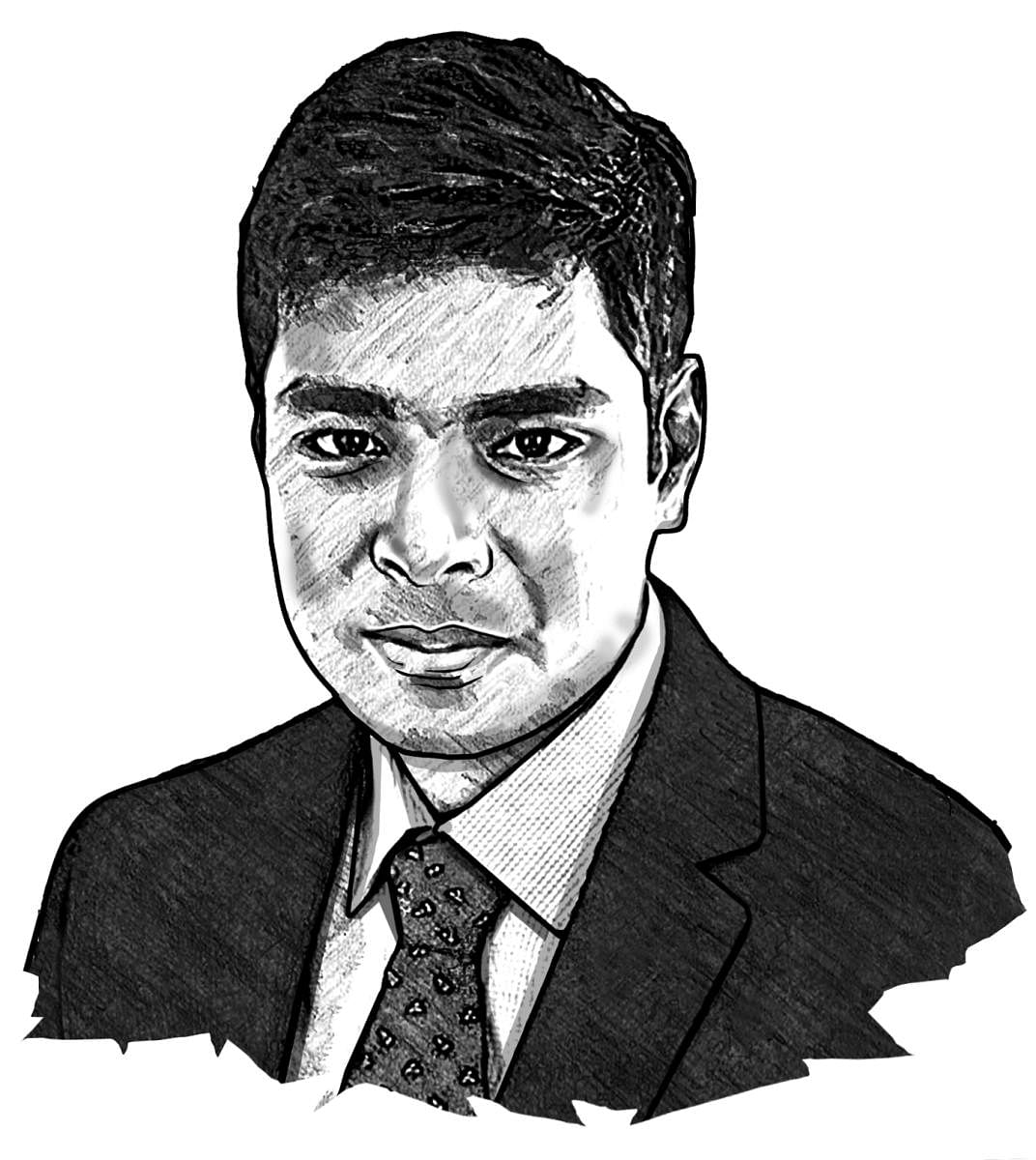Everywhere I go these days, folks seem to ask me the same question: “Is there going to be a third World War?”
The context is definitely jarring. In Ukraine, Russia’s aimless war is now over three months-old and has killed more than 4,000 innocent civilians. Meanwhile, China has quietly militarised the Asian seas. And across much of the world, nationalist egos are on the rise.
But if there is one thing that I learnt very early on about global geopolitics, it is that there is never a black-and-white, yes-or-no answer to most questions concerning it. Everyone I meet seems to think that the Ukraine war could just be the opening shots of World War III. In fairness, countries have previously hurtled into a world war over far less. In 1914, the murder of an understated Austrian archduke lit the fuse on the first world war (although there were, of course, other causes that had brought the situation to a simmer). Yet, the war in Ukraine is far less explosive than most people think.
Putin’s initial pretext for the war was a purported threat of NATO expansion right to its borders. Ironically, that has come to have a greater probability now than it did before Putin started his war to prevent it: Finland and Sweden have junked decades of neutrality and applied for NATO membership. If they succeed, many believe, Russia will attack them.
But it’s not so simple. In truth, Russia has struggled in Ukraine. In its early days, Moscow tried to go straight for the jugular and take the capital city, Kyiv. That attempt was botched, and Putin replaced the man in charge of his war. He has since wound down his ambition to consolidating friendlier territory in eastern Ukraine. A war with Finland and Sweden would be suicidal for Russia, especially because it risks wider confrontation with far more powerful militaries. (In fact, hours after his deputy foreign minister warned Finland and Sweden of “consequences”, Putin told them that he had “no problems” with them).
China, on the other hand, is far scarier. China’s Xi Jinping is not only as vain as Putin; he also has far more resources at his disposal than Russia’s sputtering economy has ever permitted. While much of the world watches Ukraine, Xi has quietly expanded China’s military footprint in the seas, including through seeking treaties with Pacific island-states that might allow the deployment of troops. And like Putin, Xi has his eyes on a neighbour: Taiwan.
Will Xi attack Taiwan and spark WWIII? That may depend on how Xi sees China’s economic woes. Thanks to the government’s ham-handed “zero-Covid” policy, China’s economy has suffered immensely this year. A fresh wave may revive those dilemmas. With that in mind, Xi may decide that a war with Taiwan (and the US) is not worth the risk. But he might also decide that a war with Taiwan could reestablish his floundering popularity and take attention off the economy.
That brings us to the third — and in my mind, the most insidious — risk: the rise of nationalist ego. For years, rising nationalism has unleashed a pandemic of repression and majoritarian violence across much of South and Southeast Asia, impacting nearly three billion people. Continued populist authoritarianism across countries as disparate as Myanmar and the Philippines could produce hundreds of millions of refugees in the years ahead, sparking war between nations.
In the world’s most densely populated region, communal violence is an extremely underrated political risk. Moral of the story: the prospect of a WWIII depends as much on a Putin or Xi’s great power politics as on how crazy each dictator – or democratically elected populist authoritarians – can get within his/her own country.
Mohamed Zeeshan is a student of all things global and, self-confessedly, master of none, notwithstanding his Columbia Master’s, a stint with the UN and with monarchs in the Middle East @ZeeMohamed_
